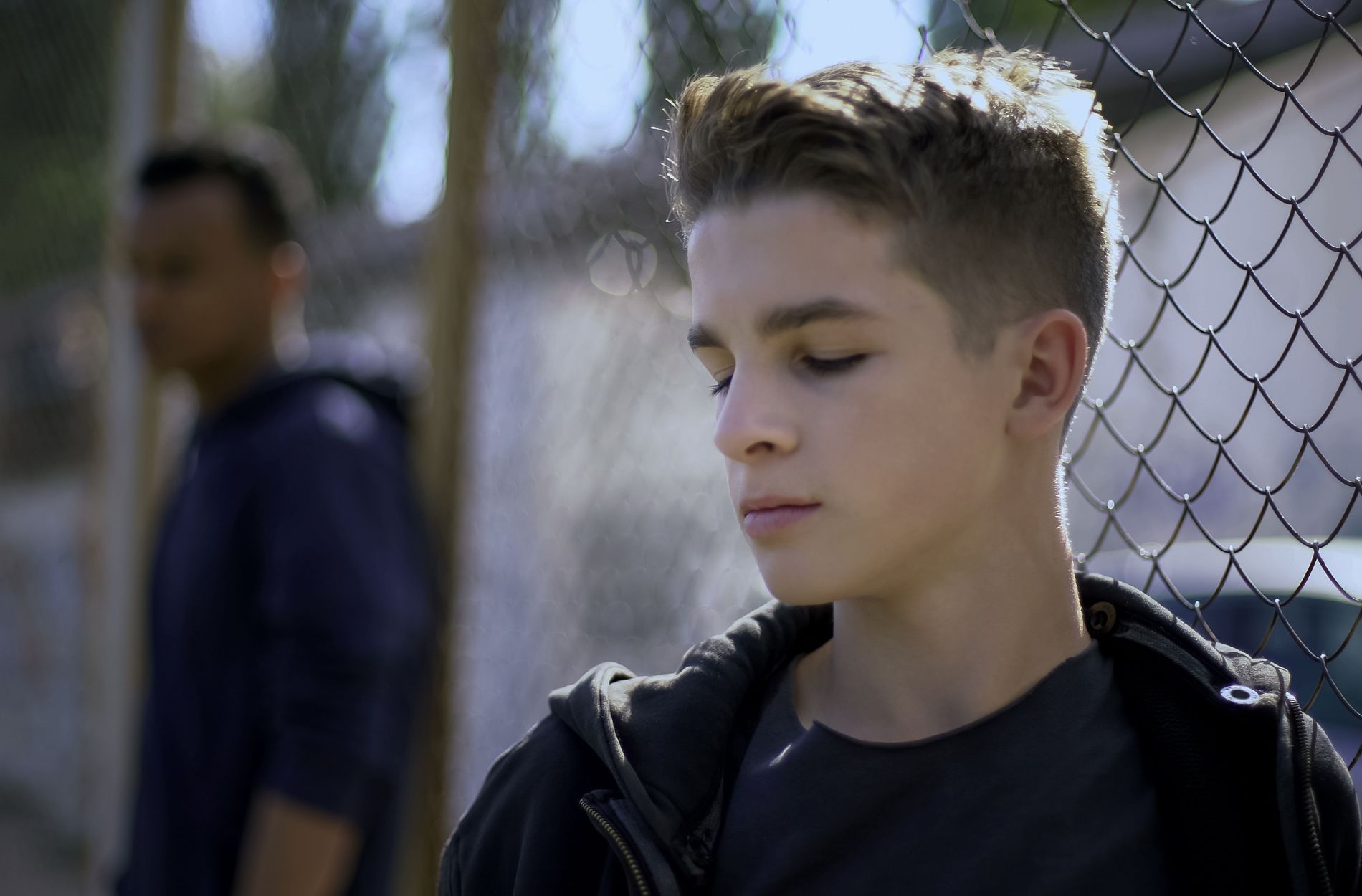Juvenile offenses are criminal allegations against individuals typically under the age of 18, presenting unique challenges, both legally and emotionally, for the families involved. Navigating the juvenile justice system can be a complex and daunting endeavor, requiring a thorough understanding of its intricacies and specialized legal strategies to ensure the best possible outcomes for the impacted youth. At BFP Law Firm, we are dedicated to offering expert, compassionate legal services in criminal defense law, emphasizing juvenile offenses. Our team is committed to providing supportive guidance, unparalleled representation, and personalized attention tailored to the unique needs of each case.
This blog post will provide a comprehensive understanding of juvenile offense defense by examining the differences between the juvenile and adult justice systems, highlighting the distinct legal processes that apply to juveniles, and showcasing the indispensable significance of retaining the services of a seasoned defense attorney. With a solid grasp of these facets, families can be better equipped to face the challenges of dealing with juvenile offenses, ensuring the protection of the young person’s rights and the preservation of their future opportunities.
The juvenile justice system is designed to address the unique needs of young offenders, emphasizing rehabilitation, education, and the prevention of future criminal behavior. The system operates with a focus on the minor’s best interests, striving to balance the need for accountability with the opportunity for redirection and growth. Families facing juvenile offenses must understand the distinct nature of this system, its objectives, and the specialized legal processes involved to effectively navigate its complexities and ensure the best possible outcome for their loved one.
A skilled and experienced juvenile defense attorney serves as an invaluable asset for families grappling with such cases. The right attorney not only provides expert guidance through the complicated legal landscape but also works tirelessly to protect the minor’s rights, ensuring that the most appropriate strategies are employed to secure the most favorable resolution possible.
Distinct Features of the Juvenile Justice System
Understanding how the juvenile justice system differs from the adult system is key to successfully navigating a juvenile offense case. Some core distinctions include:
- Rehabilitation vs. Punishment: The primary goal of the juvenile justice system is to rehabilitate young offenders, not solely to punish them. This approach fosters an environment that emphasizes redirection, personal growth, and the opportunity for a second chance.
- Confidentiality: Juvenile court records are generally sealed to protect the minor’s privacy and future prospects. This ensures that the case does not significantly hinder the young person’s educational, career, or other opportunities.
- Detention Alternatives: The juvenile justice system offers an array of alternatives to incarceration, such as community service, counseling, and educational programs. These alternatives can help young people make amends and learn valuable life skills without suffering the harsh consequences of incarceration.
The Juvenile Legal Process: Key Stages
Familiarizing oneself with the unique stages of the juvenile legal process is vital to understanding what to expect and how to approach the case best. The primary stages include:
- Intake and Assessment: Following a juvenile’s arrest, a probation officer conducts an assessment to determine if further legal action is warranted. This process may result in dismissal of the case, informal probation, or referral to juvenile court.
- Juvenile Court Hearings: In the juvenile justice system, there are no jury trials. Instead, a judge presides over hearings, including adjudication, disposition, and post-disposition. The adjudication hearing is where the judge determines whether the allegations against the minor are true or not.
- Disposition: If a judge adjudicates the minor as delinquent, a disposition hearing follows, during which the judge determines the appropriate course of action, such as probation, detention, or participation in a rehabilitation program.
Protecting Your Child’s Rights: The Role of an Experienced Attorney
Retaining the services of a skilled and knowledgeable juvenile defense attorney is essential to protect the young person’s rights and to secure the best possible outcome for their case. An experienced attorney can provide invaluable guidance, including:
- Navigating the Legal Maze: A seasoned juvenile defense attorney can help the family understand and navigate the complex landscape of the juvenile legal process, ensuring that all appropriate steps are taken and no crucial deadlines are missed.
- Aggressive Advocacy: A dedicated attorney will tenaciously advocate for their young client, vigorously challenging the case’s merits and seeking the most favorable, least restrictive outcome for the young person.
- Legal Strategy Development: By drawing on a wealth of experience, a skilled juvenile defense attorney can create and implement the most effective legal strategy for your case, driving towards the best possible results.
Strategies for an Effective Juvenile Defense
Several defense tactics may prove pivotal in a juvenile offense case. An adept defense attorney will carefully consider your child’s circumstances to determine which strategies best apply. Potential defenses include:
- Challenging Evidence: A skilled defense attorney will review the evidence, searching for inconsistencies, inaccuracies, or unlawfully obtained evidence, which they can challenge in court to weaken the prosecution’s case.
- Asserting Lack of Intent or Knowledge: In some cases, the young person may not have possessed the requisite intent or knowledge to commit the alleged offense. A defense attorney can highlight these factors to the court.
- Pursuing Alternative Solutions: A successful defense attorney will explore alternatives to formal adjudication, such as informal probation, diversion programs, or counseling, arguing for these less restrictive measures as appropriate resolutions.
Conclusion
The juvenile justice system’s complex, distinct nature presents unique challenges that demand expert legal representation to protect a young person’s rights and secure their best possible future. The guidance and experience of a dedicated juvenile defense attorney can make a world of difference in the outcome of your child’s case and, ultimately, their life.
At BFP Law Firm, our knowledgeable team of passionate criminal defense attorneys is committed to providing the expert representation and unwavering support you and your child need during this trying time. Trust in our experience and personalized approach to deliver the best possible results for your family and help your child move forward onto a brighter path.






